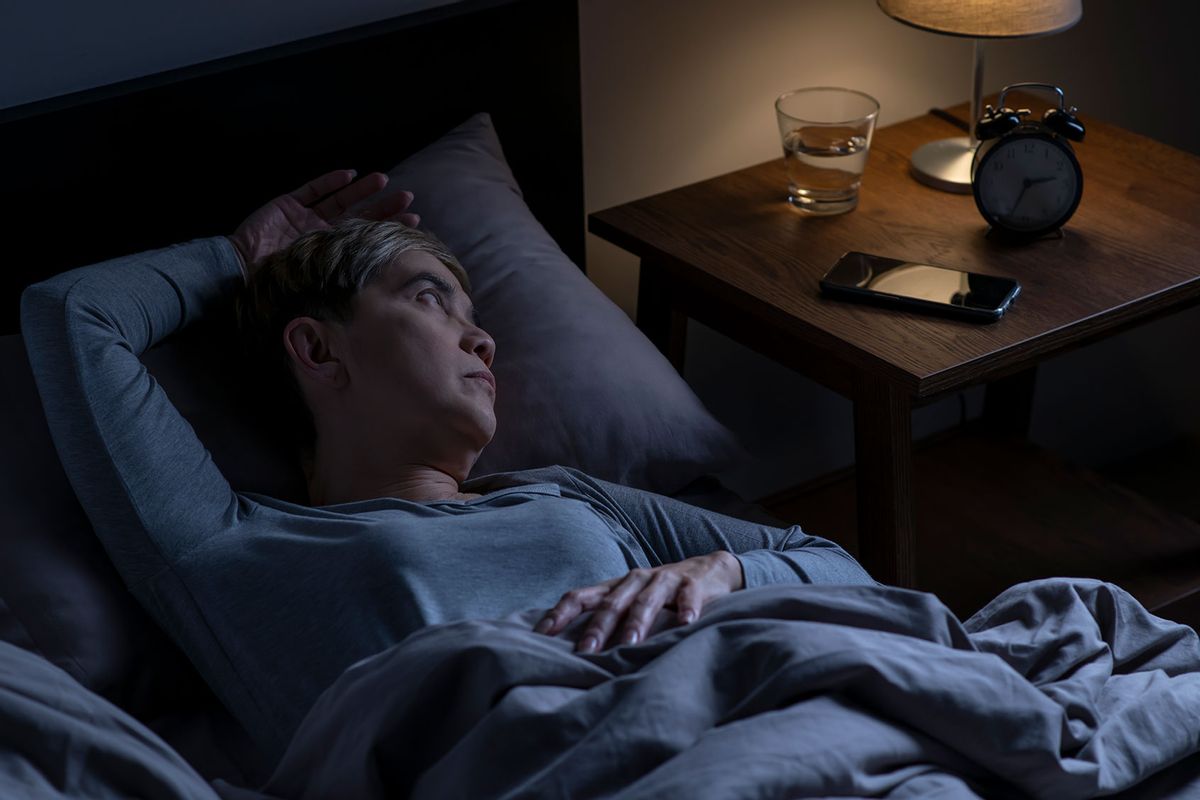My father-in-law adopted the habit of waking up early in his later years, getting up at 3 a.m. every morning. He transitioned from an early bird to a night owl, experiencing only four to five hours of sleep after retirement. I vividly remember feeling a bit down about his routine, worrying that it would be a glimpse into my future as well.
A common myth suggests that seniors require less sleep as they age, due to a perceived decrease in activity. Even in 2008, a report in Current Biology found that older participants slept an average of 1.5 hours less than younger people in one study, suggesting a reduced need for sleep among older individuals.
However, this is not necessarily true. A study by the CDC revealed that a third of adults in the US don’t get enough sleep, and this can cause a multitude of health issues, including depression, obesity, stroke and hypertension. While the amount of sleep needed may decrease with age, its quality becomes more important. The sleep patterns of older individuals can be affected by various factors, from medical conditions to circadian rhythms.
Older people may face unique difficulties with sleep, as their sleep architecture may change with age, leading to shortening of sleep duration, increased frequency of waking up at night and decreased slow wave sleep. In addition, older adults may face other problems such as menopause, urinary tract changes and obstructive sleep apnea.
In some instances, it may be beneficial for older adults to take short naps, as long as the naps don’t interfere with their nighttime sleep. Developing healthy routines, avoiding caffeine and getting regular physical activity can contribute to better sleep, regardless of age. Rather than a sign of weakness, prioritizing sufficient rest can lead to better overall health and quality of life, especially as we age.


